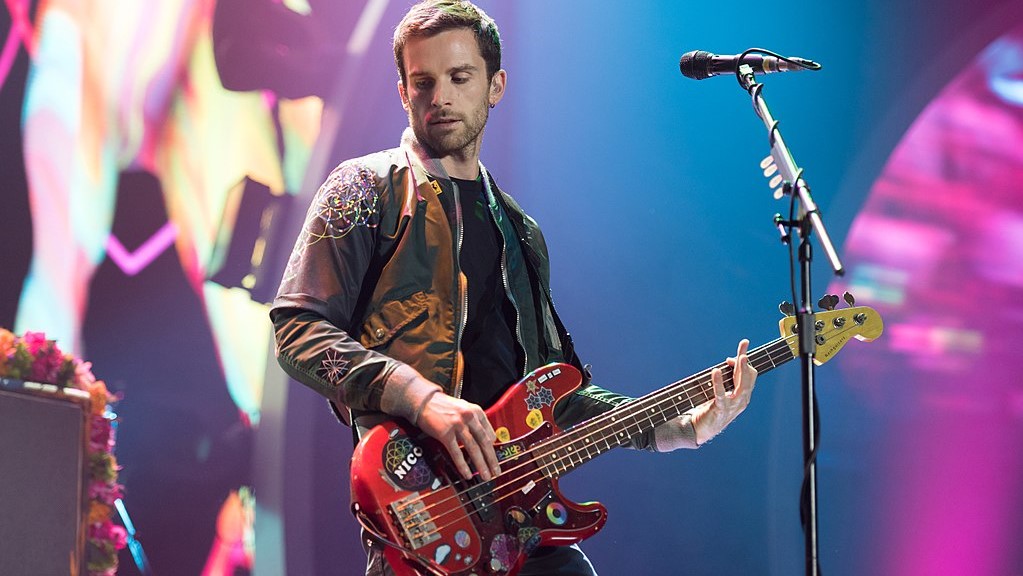Coldplay bassist Guy Berryman and ex-Dragon’s Den star Sarah Willingham have called on the government to back an insurance scheme for the events sector, similar to one already up-and-running for film and TV production.
Business heavyweights including Links of London founder John Ayton and Notonthehighstreet founder Holly Tucker have signed the letter to small business minister Paul Scully, asking for the government to think seriously about an insurance scheme which would repay organisers 70 per cent of their costs if an event is cancelled due to Covid-19.
What’s at stake is an events industry, such as weddings and music festivals, which Prime Minister Boris Johnson himself acknowledged is worth £90bn and employs 700,000 people in the UK across 25,000 businesses – none of whom have had any government sector-specific emergency coronavirus business support, unlike the hospitality industry.
>See also: 150 UK small business grants to apply for right now
The group, led by Hugo Campbell and Digby Vollrath, founders of the events planning website Feast It, said an insurance scheme for events planned from April 1 next year would give organisers confidence to plan and promote gatherings.
Nearly two thirds of events suppliers (61 per cent) surveyed by Feast It said they would fold without further government support, having lost an average of £83,000 in turnover to date.
The poll showed that the events sector is set to suffer 413,000 job losses by the end of this year unless it receives immediate government support.
In July, the government announced an emergency £500m coronavirus emergency production fund to cover £1bn worth of film and television production, which has given producers confidence to restart filming. The film scheme covers up to 70 per cent of the cost of production if filming shuts down because of the pandemic.
What the events sector needs is the same, wrote the signatories.
In October conference and events venues including Olympia, Excel London and the NEC wrote to the prime minister and chancellor warning of the “existential threat” facing the industry, which is one of the few sectors which remain fully closed.





